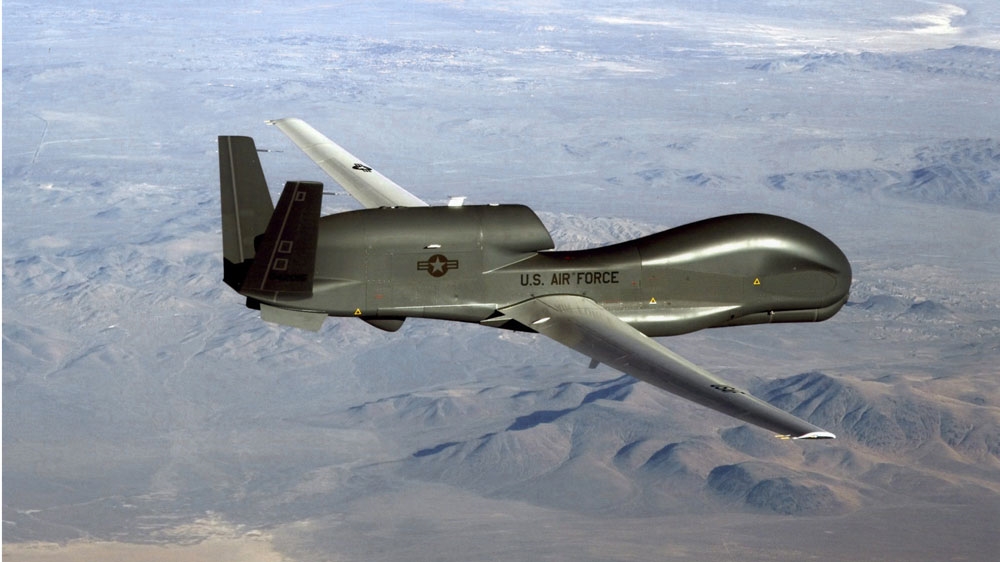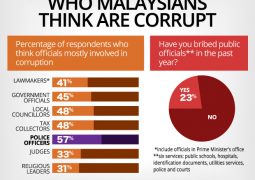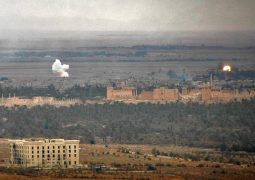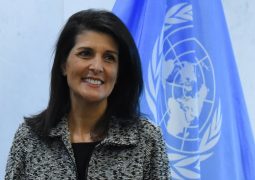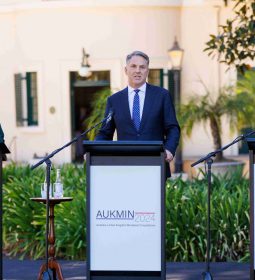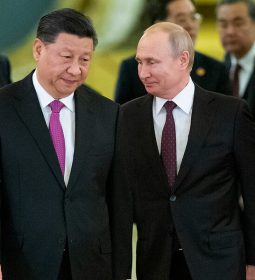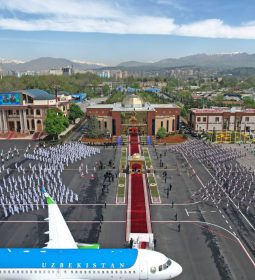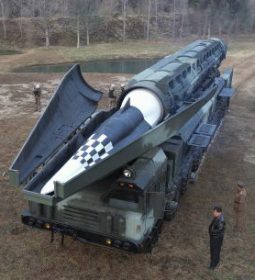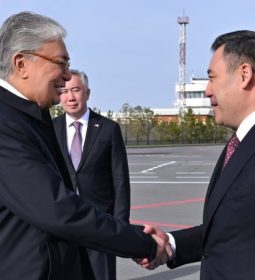How close are Iran and the US to war?
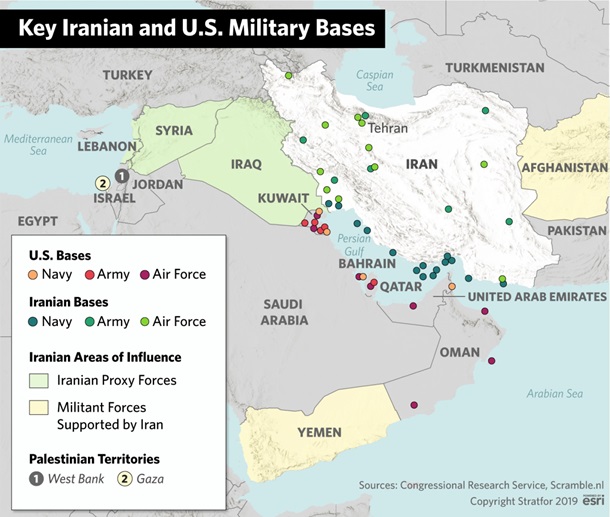
How close are Iran and the US to war?
Analysts weigh in on fast-moving developments after Iran shot down a US drone and Trump reportedly planned an attack.
![How close are Iran and the US to war? The aircraft carrier USS Abraham Lincoln arrived in the Gulf after tensions recently flared [EPA]](https://www.aljazeera.com/mritems/imagecache/mbdxxlarge/mritems/Images/2019/5/19/8cac44804a2b450e9c6715938c65ca6e_18.jpg)
Tensions between the United States and Iran have been at fever pitch since an unmanned US surveillance drone was shot down by Iran’s Islamic Revolutionary Guard Corps (IRGC).
A dispute between the two countries over whether or not the drone had violated Iran’s airspace followed, with US President Donald Trump on Friday reportedly approving military attacks on Iran in retaliation.
With ships in position and planes in the air primed to hit radar and missile targets in Iran, Trump reportedly abandoned the plan.
Al Jazeera spoke to analysts about what could happen next:
‘Need to back off’
Trita Parsi, a professor of Middle Eastern politics at Georgetown University and the former president of the National Iranian American Council, said Trump’s advisers should shoulder much of the blame for the current tensions, and Iran would be wise to offer a muted response.
On Trump’s advisers
“We are in territory that is extremely dangerous, the president did the right thing in taking a step back. It’s quite clear that he’s been misled by his advisers who, just like in Venezuela, have advised him to pursue a very aggressive policy that has actually cornered him, and now he has less and less good options at his disposal.
“It could be that this measure is sufficient to signal to the Iranians that the US is ready and willing and capable of hitting them very very hard and Trump may believe that that suffices for him to say that he has restored deterrence.
“The bottom line is that both sides need to back off and find a way to the negotiating table.
“The problem on the US side is they’re not going to be able to get negotiations with Iran if the US is at the same time waging economic warfare against that country.”
White House division
“What they’ve actually agreed upon is the tactic – maximum pressure and massive economic sanctions – but the end goal of Trump and the end goal of someone like [National Security Adviser] John Bolton and [Israeli Prime Minister Benjamin] Netanyahu and Mohammed bin Salman (MBS), the Saudi crown prince, that have been advising them, have been dramatically different from the very beginning.
“John Bolton wants a war with Iran, he’s been advocating a war with Iran for more than 20 years. He thought that maximum pressure would lead to exactly the situation we’re seeing right now – one in which we’re on the brink of war. Whereas Trump was led to believe that actually maximum pressure is the best way of getting back to negotiations and getting a better deal than the one that Obama had secured.”
What comes next?
“If we take a look at what happened with North Korea, it was that other countries that had the capacity of talking to both sides stepped forward and helped defuse the situation, de-escalate, and facilitate some communication.
“That’s exactly what’s needed at this point to get all sides to walk back from the brink of war but, after that – in order for that to lead to an actually sustainable, positive situation – there needs to be diplomacy. And for diplomacy to take place, Trump has to walk away from this maximum pressure strategy.
“I think it would be wise for the Iranians to do nothing at all at this point, they should not gloat, they should not say anything, they should just be happy that there seems to be some desire on Trump’s end to de-escalate and defuse.
“What they have been saying is that they’re not looking for war, but they will defend themselves if attacked. As long as we’re not moving in that direction, the Iranians themselves should do nothing to escalate things further.”
‘No one’ trusts the Americans
Mohammad Marandi, head of the American Studies department at the University of Tehran, said Iranians have little faith in the US, and Trump’s decision to pull back from the reportedly planned attack is unlikely to improve relations without accompanying sanctions relief.
“One of the things that Iranians remember is the downing of the Iranian airliner in 1988, where the Americans shot down an Iranian airliner in international waters with missiles and then the United States covered it up, lied about the Iranian plane’s altitude and direction, and blamed the Iranians for aggressive action. And only years later did the truth come out.
“Back then the US and Western media mimicked what the US had to say so no one here trusts the American narrative and everyone expects the Iranian armed forces and the Iranian government to protect the country’s sovereignty.”
On Iranian attitudes to the US
“I don’t think Trump’s respected by anyone whether he orders a stand-down or not. You can ask families who lost family members due to lack of medicine, especially for cancer patients, what they feel about Trump and the US government.
“The Americans are the ones who are trying to strangle the Iranian people with what Trump calls ‘brutal sanctions’. The Americans are constantly making threats. American forces have surrounded Iran.
“Iran’s response to the United States is the deterrent, the very fact that the Iranians were able to down the most advanced American drone using stealth technology with an Iranian-made surface-to-air missile is what I think is real deterrence.”
What comes next?
“There is obviously some sort of division in the US capital, but I think one reason why Trump may have told them to stand down is that he recognises that the Iranian response will be relentless and that the Iranian response will be disproportionate.
“The Iranians will also, in my opinion, target any country that supports US armed forces in their strikes against Iran. For example, because this particular drone left from the United Arab Emirates, I think people should leave the United Arab Emirates.
“I think that airplanes should not fly over the United Arab Emirates, because basically what this country is doing is that it’s aiding the United States in its aggression against the Iranian people.
“I think it would be an enormous miscalculation on the part of the Americans to assume that the Iranian response to any strike would be limited.
“It will be larger than the initial strike, it will be disproportionate, and it will be relentless. And it will not only target the aggressor, it will target those countries – like the UAE or perhaps Saudi Arabia – that allowed the United States to carry out this attack.”
‘All will pay the price’
Mahjoob Zweiri, director of the Gulf Studies centre at Qatar University, said Trump’s actions towards Iran are designed to appeal to his base ahead of the 2020 presidential elections, and that no side wants war in the Gulf.
“He has done what will make [his base] happy, he has withdrawn from the [nuclear] deal, he imposed sanctions, he basically made sure the economy of Iran was really falling apart. Basically, he has done everything he has promised his base.
“I think Trump, in the last 24 hours, was struggling between two main positions: his beliefs and his interests as the president of the United States and also listening to the establishment, to the Pentagon, to the State Department, to the CIA.
“He took his time. I think at the end of the day, he made his mind up based on one main fact: he has already announced he’s running for the elections and he wants to focus on this.
“Everything that has happened after that is calculated. Trump’s main focus is the second term. If any military action against Iran will affect this badly, he will never do it.
“I think Trump wants to keep the door open, he wants to keep all options on the table.”
What’s next?
“Iran believes that this chapter of confrontation with the United States started from Washington when Trump decided to withdraw from the deal and they want to tell the Americans that: ‘You made a mistake and you have to fix it’.
“They want to push more for the international community to act, to mediate, to push, to pressure the United States, to have a dialogue because this status quo is collapsing the economy and will have serious ramifications on the stability of the regime in Iran.
“I think that’s the reason why they push this type of confrontation to the edge, they want different parties, different countries to intervene.
“Any type of confrontation in the Gulf and all will pay the price. Any confrontation will affect the economy, will affect the stability, will affect the development the countries have made. I believe that all countries want to weaken Iran, but they don’t want war because the price would be very big.”
- Previous Man walks on footthe entire length of China’s Great Wall
- Next The Saudi-UAE axis has destabilising plans beyond the Gulf



